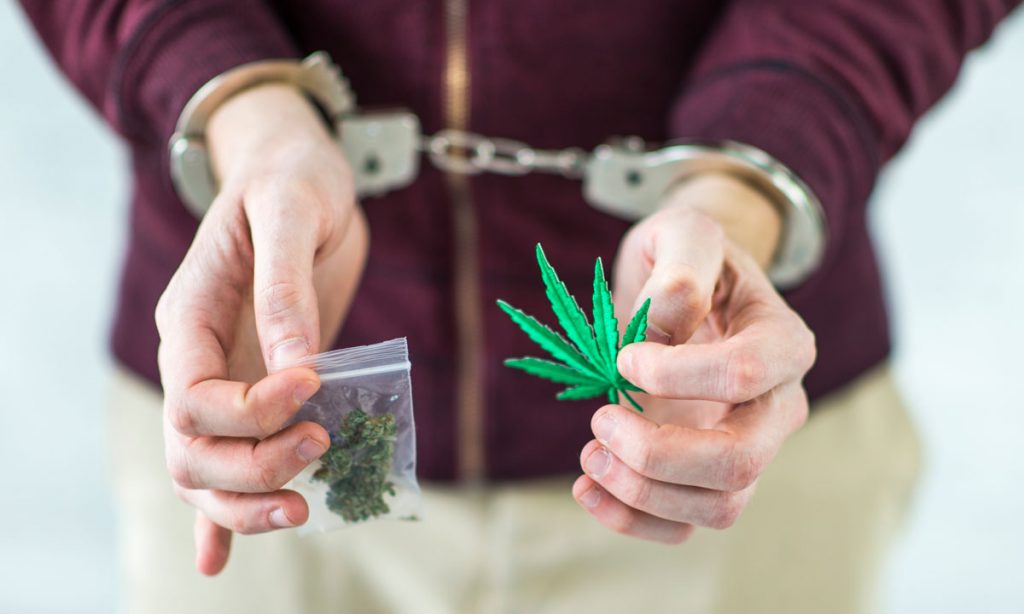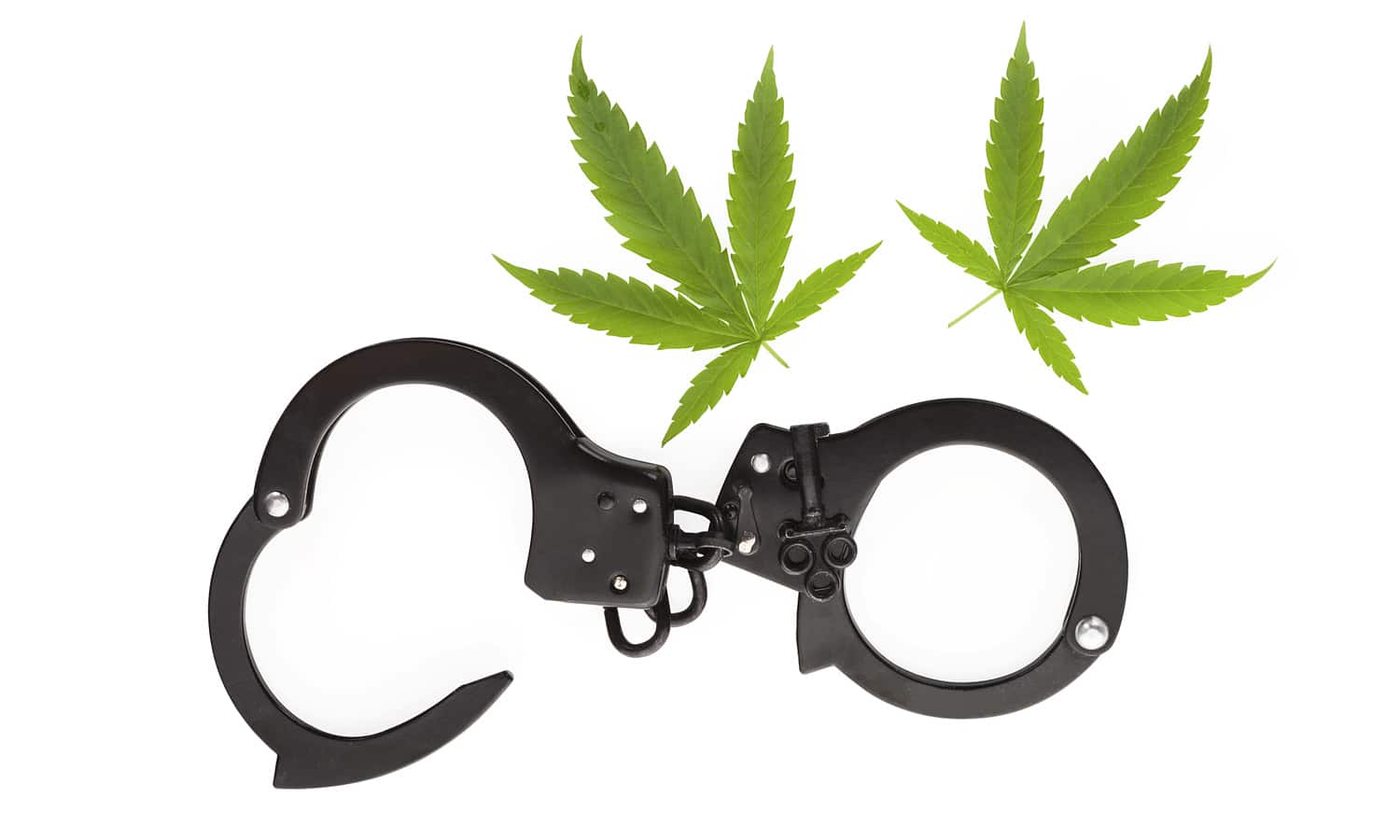Though marijuana-related arrests have risen in recent years, those cases aren’t being prosecuted at the same rate.
Data complied by the FBI suggested last year that the War on Drugs wasn’t over. Using numbers submitted by 18,586 law enforcement agencies at the federal, state, and local level, the data showed that drug-possession arrests were on the rise following a nine-year decline. Furthermore, the New York Police Department released data to the public that found New York cops still disproportionately arrested people of color for marijuana-related offenses, despite mainstream acceptance of marijuana in all communities.
As disheartening as these statistics may be, indicating the War on Drugs may never end, something curious happened at the same time. Another piece of data tucked away in a federal report by Supreme Court Justice John Roberts indicates that history may not be repeating itself. In the report, he reviewed the trends of various crimes tried at the federal level and noted this about marijuana.
“Drug crime defendants, who accounted for 28% of total filings, grew five percent, although defendants accused of crimes associated with marijuana decreased 28%,” Roberts wrote.
RELATED: Former Congressman Believes U.S. Will Legalize Marijuana By 2022
Let’s break that down. The number of people charged with drug-related federal crimes is on the rise, which is commensurate with the FBI’s data. But Roberts reveals that federal prosecutors aren’t pursuing these charges at the same rate. Instead, federal prosecutions of marijuana-related crimes dropped significantly.

A couple educated guesses as to why that’s happening. One, even though cannabis remains illegal at the federal level, various states have legalized recreational and/or medical marijuana. Two, support of marijuana reached an all-time high last year despite concerns over the national vaping crisis. There’s also the complication of the 2018 Farm Bill, which allowed for the production of hemp at the federal level, creating a loophole for the proliferation of CBD products.
RELATED: Dummies Keep Stealing Hemp Crops Thinking They’re Marijuana
This complication has caused marijuana prosecutions to plummet in Texas as well, when lawmakers legalized hemp last year in the state. Prosecutors now must prove in possession cases that defendants were carrying cannabis with THC levels over 0.3% and that requires expensive lab testing. Marijuana prosecutions in Texas have dropped by more than half as a result. According to the Texas Tribune, there were 5,668 marijuana misdemeanor cases in May 2019 (right before the state legalized hemp on June 10) to 1,919 cases in November of the same year.
Katharine Harris, a drug policy fellow at Rice University’s Baker Institute for Public Policy, told the Tribune that “it means that there are fewer Texans that are getting slapped with a criminal record for marijuana possession, something that is already legal in other states.”


